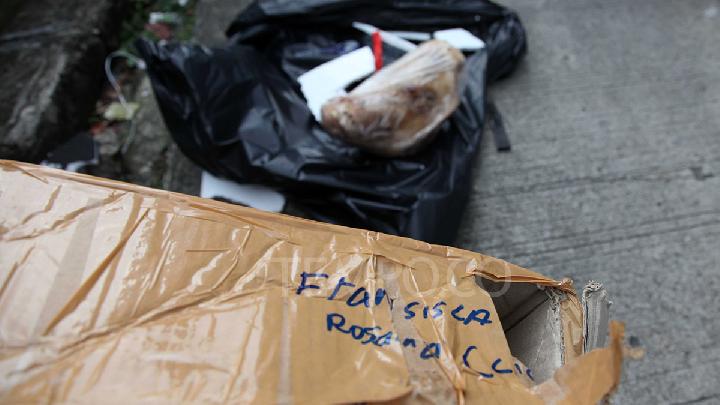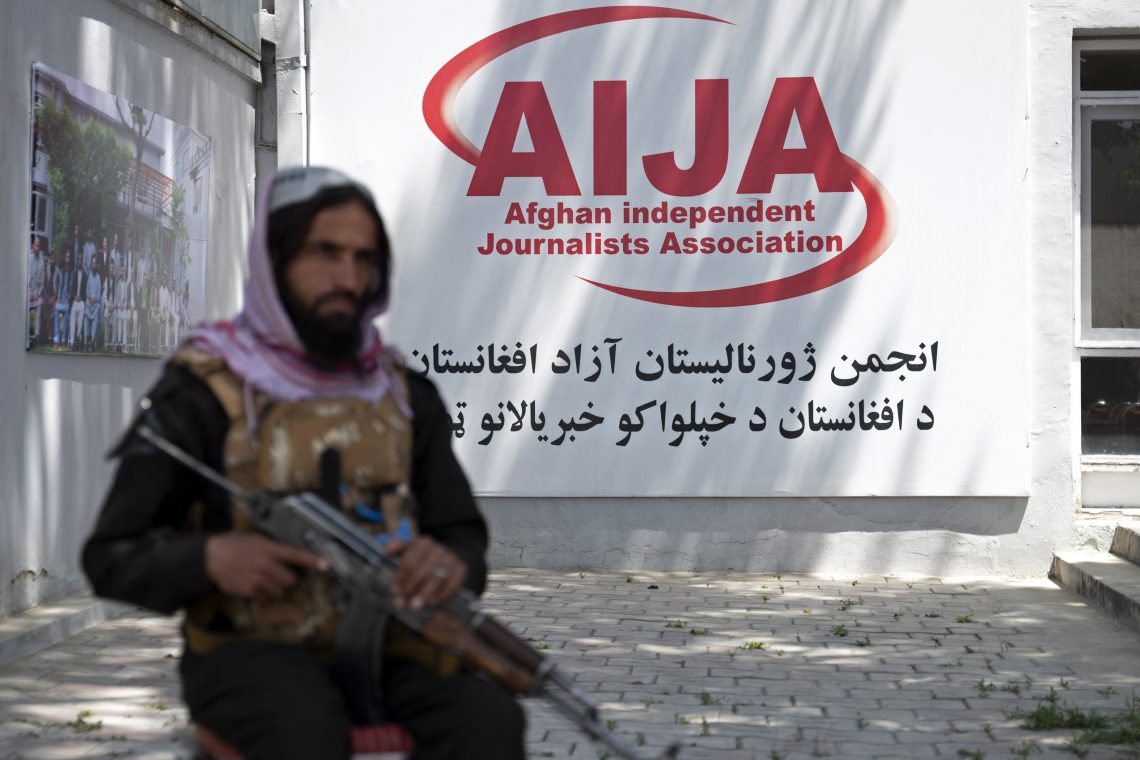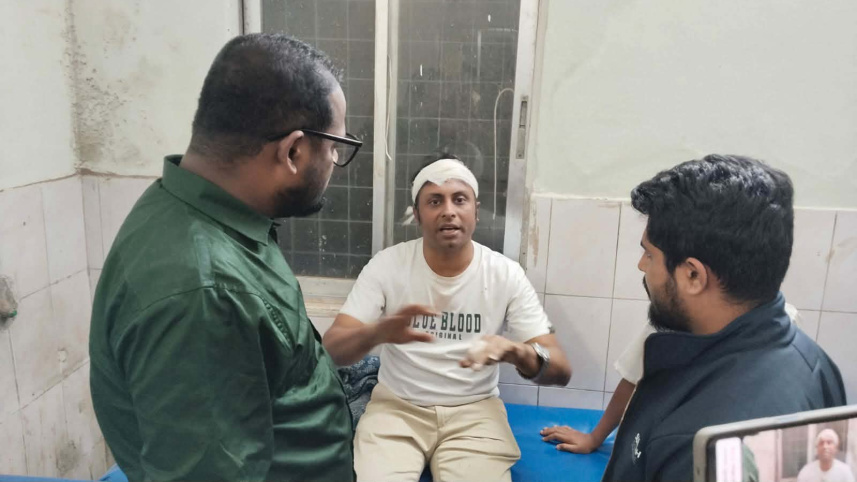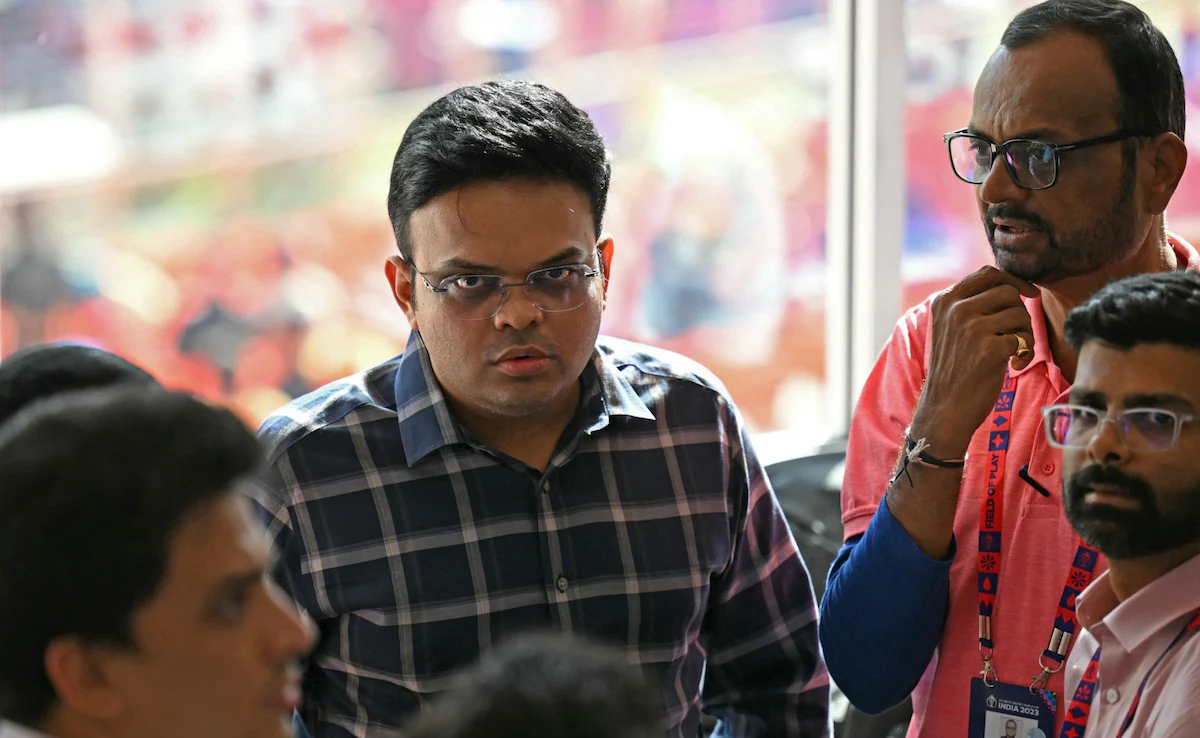
Rwanda to Build Monument Honoring Journalists Killed in 1994 Genocide
April 13, 2025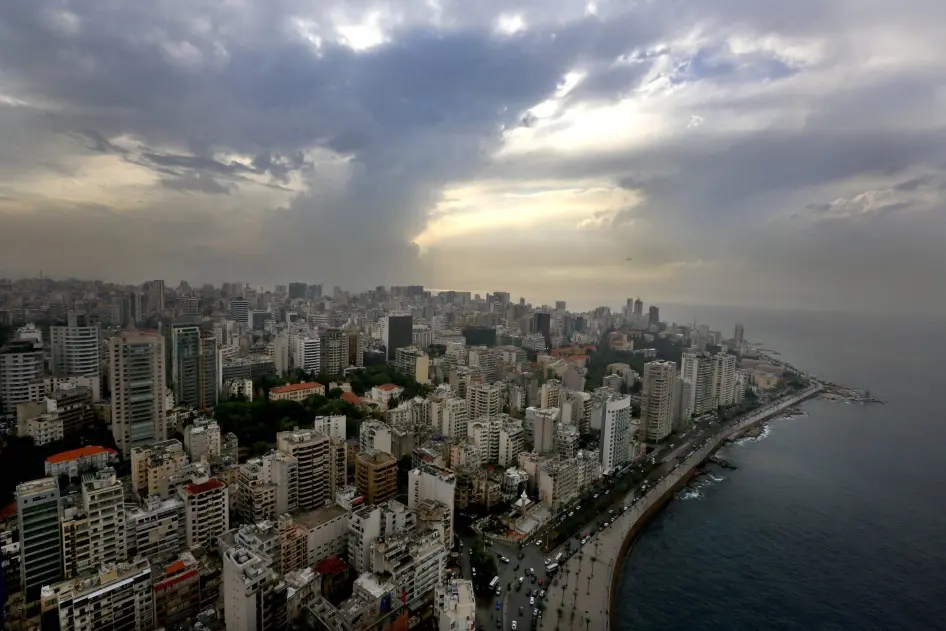
Lebanese Journalists and Activists Targeted in Escalating Crackdown
April 14, 2025April 14, 2025 – Indonesia –
In a chilling act of intimidation, Tempo journalist Francisca Christy Rosana became the target of a grotesque threat in Jakarta. A severed pig’s head, along with six decapitated rats, was delivered to her office in March 2025—an unmistakable warning. Rosana had been investigating government-linked corruption, and the attack seemed designed to silence her. Shortly afterward, she and her family endured online harassment and personal data leaks, escalating the danger. Recognizing the severity, Indonesia’s Witness and Victim Protection Agency (LPSK) stepped in to offer Rosana protection, while press freedom advocates decried the threat as a direct assault on independent journalism.
This is not an isolated incident. It underscores a broader pattern of deteriorating press conditions in Indonesia, which is further exacerbated by new state measures that many see as draconian. In April 2025, the Indonesian National Police passed Regulation No. 3/2025, requiring all foreign journalists and researchers to obtain special clearance before reporting in the country. This certificate, to be issued by the police, imposes yet another layer of bureaucratic control on media access and independence.
Critics, including legal experts and human rights organizations, argue that the regulation violates Indonesia’s own press laws. According to existing legislation, the authority to regulate and supervise media rests with the Press Council and the Ministry of Communication and Information, not the police. The Indonesian Legal Aid Foundation (YLBHI) has demanded the regulation’s immediate repeal, warning that it undermines democratic values and chills critical reporting.
Together, the pig’s head terror attack and the introduction of restrictive legislation paint a grim picture. Indonesia, long considered a democracy with vibrant media, is now facing scrutiny for its backsliding on press freedom. Journalists like Rosana are risking their safety to uphold truth and accountability, while the state appears increasingly willing to use fear and bureaucracy to control the narrative. The future of Indonesia’s press may hinge on whether society—and the world—chooses to stand up against this encroaching repression.
Reference –
https://www.theguardian.com/world/2025/mar/28/intimidation-journalists-indonesia-pig-heads-rats

